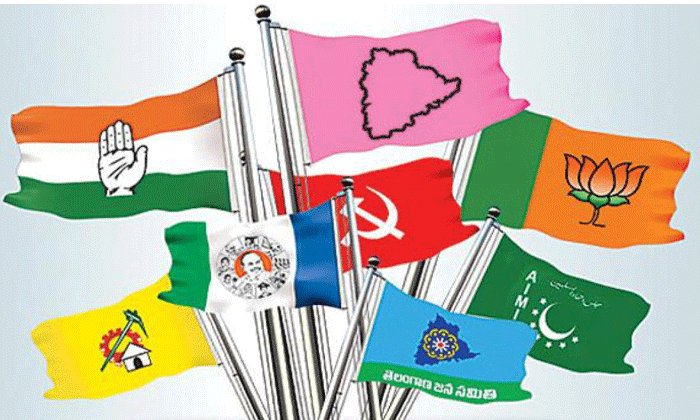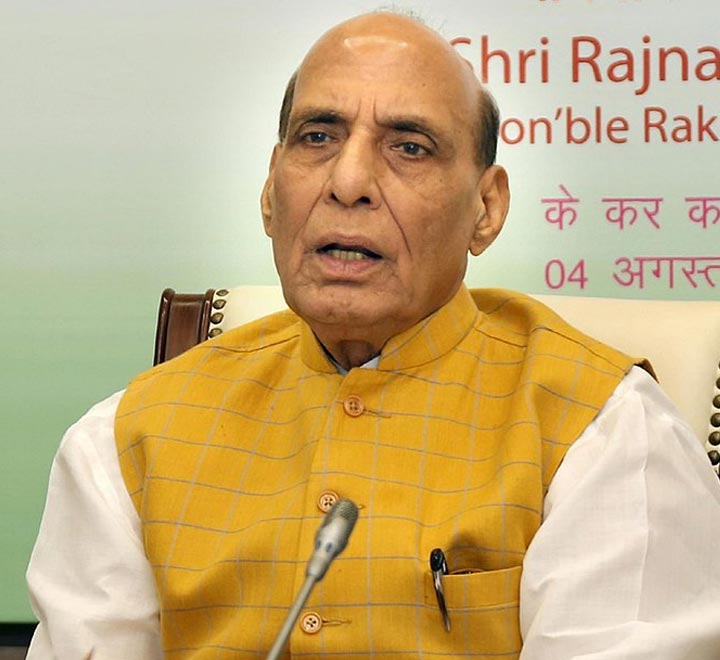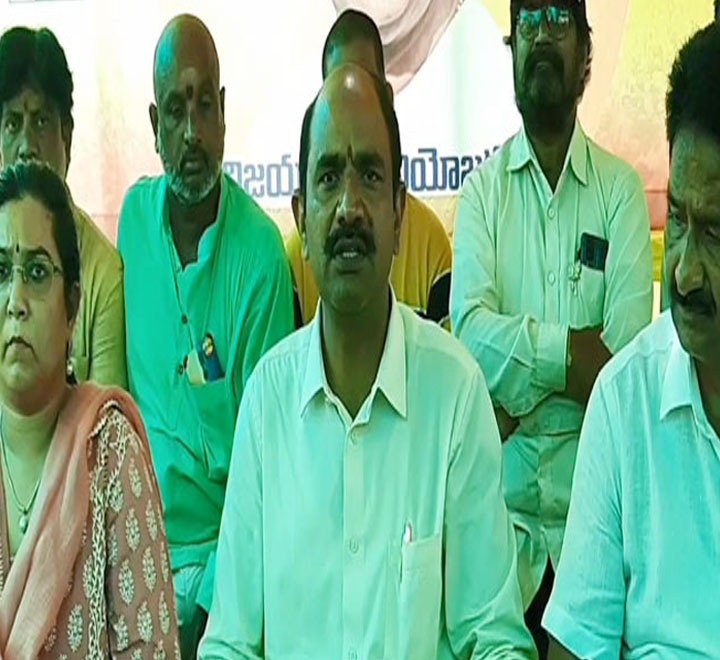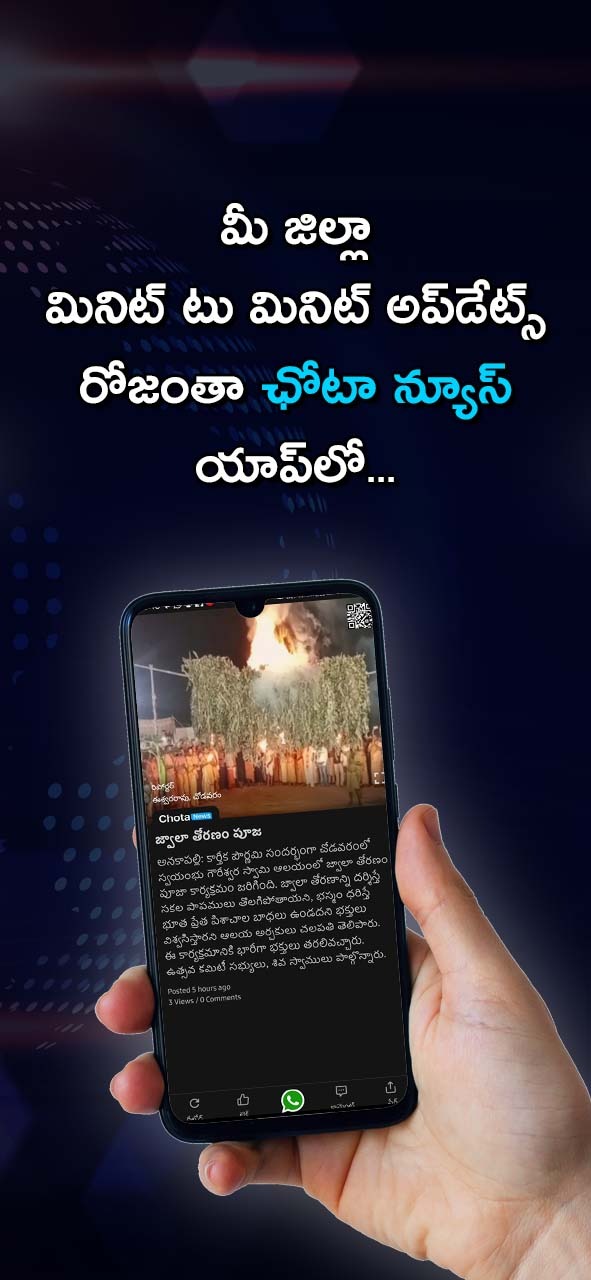Political parties in India
The ideological group assumes a fundamental part in majority rules system. India is a majority rule and bureaucratic nation where state and local legislatures are free in their circle. In India, individuals, particularly town and modest community individuals, are extremely keen on political belief system, and they start unbendingly following their philosophy. In Indian parliamentarian a majority rule government, ideological groups assume a critical part, and they control the political movement in the country. As indicated by the preface of India, we, individuals of India, give our Constitution to ourselves.
Also, in India, outright power is in the hand of individuals. They straightforwardly include government direction by picking their competitor in the political decision. Applicants stand in the political decision from the ideological group philosophy since, supposing that these party isn't leaving in the country, then everybody needs to remain in the political decision, and the state of disorder has occurred. So the keep alive the pith of a majority rule government, we want such ideological groups.
Each party has an alternate philosophy, and they have their regular items which their up-and-comer will undoubtedly follow. In such countless nations, there is an idea of a two-party or one-party framework, the nations like India, Pakistan, Nepal having a multiparty framework. At the hour of freedom, Honourable Prime clergyman Mr. Nehru believes the resistance should feature the mix-ups of the decision party. Also, from that point forward, numerous provincial or public gatherings develop. Until further notice, we all out 58 ideological groups enrolled according to the political decision commission information.
Presentation
“Without Parties, An Electorate Would Be Either Important Or Destructive By Embarking On Impossible Policies That Would Only Week The Political Machine"
"An ideological group is an assortment of individuals who vote in races. The multiparty framework is being progressively gotten rid of Indian majority rule government. An ideological group is characterized as an affiliation or collection of individual residents of India enrolled with the commission as an ideological group under segment 29A of the People's Representation Act 1951. Ideological groups are undeniably one of a majority rules system's most noticeable organizations. For most ordinary people, a majority rules system is inseparable from ideological groups.
Expect you travel to rustic region of our nation and talk with less instructed people. You might come into individuals who are clueless of our Constitution or the idea of our administration in this present circumstance. Then again, our ideological groups are probably going to be recognizable to them. Perceivability, then again, doesn't show acknowledgment. Ideological groups are held in high regard by most of individuals. They are inclined to faulting ideological groups for our vote based system's and political life's ills in general.
Ideological groups have become related with social and political partitions. Thus, it's justifiable to address assuming ideological groups are required. A couple of nations universally hosted political gatherings around quite a while back. There are moderately couple of individuals nowadays who don't have a get-together. Why host political get-togethers spread so broadly all through the world's vote-based systems? How about we characterize ideological groups and what they do before we comprehend the reason why we want them".
Definition
An ideological group is a gathering who campaign for office and keep the public authority in power. They settle on arrangements and plans for society that will help everybody. Since various individuals have various convictions about what they want, all gatherings attempt to persuade individuals that their approaches are superior to other people.
They need to set these thoughts in motion by winning famous help in decisions. Thus, ideological groups represent the crucial political contrasts in the public eye. Since they are about a piece of the local area, parties involve PARTISANSHIP. Thus, the personality of an ideological group is concluded by the group it addresses, the strategies it upholds, and the interests it safeguards.
Job Of Political Parties In Democracy (Role Of Political Parties In Democracy)
Before we dissect the job and system of Indian ideological groups, understudies should figure out the significance of ideological groups in a parliamentary majority rule government.
Parliamentary majority rules system is a type of government in view of agreement and conversation. On imperative approach issues, residents are probably going to clash. Ideological groups go about as coordinated source for individuals to calmly communicate their contrasting perspectives. Struggle of thoughts might be supplanted by a conflict of weapons without a trace of coordinated ideological groups. An overthrow might be the thing to get done. For sure, on the off chance that ideological groups don't go, legislatures will be temperamental, and their strategies will be confused.
They give substitute government supervisory crews. They present elective projects to general society and teach about their advantages and downsides. No administration becomes despotic or mishandles its power in the event that ideological groups leave. At the point when the resistance employs bludgeons to uncover the defects in the misguided regulation, parliamentary autocracy is additionally restricted.
India's general population continues to create, and in this manner, the amount of electorates fosters each time the country has general choices. Therefore, philosophical gatherings expect a principal part in working with races. Before the political choice, the candidates are assigned by their different philosophical gatherings. It enables voters to understand the value of individual candidates and the undertakings of various philosophical gatherings quite a while before the choices. Plus, philosophical gatherings licence even a poor anyway justifying competitor to lobby for office considering the way that the party supporting and affiliation helps him.
Due to the developing significance of ideological groups, the last option was believed to be inseparable from a majority rules system. "A majority rules government without ideological groups resembles a boat without a pilot or a boat without a rudder," Nehru said.
A Political Parties Of India (A Brief Background)
India longed for parliamentary vote based system, as did the Congress and the Muslim League. We coming up short on lengthy history of advanced ideological groups. Sarvajanik Sabha, Poona Mahajan Sabha, Madras Association, Calcutta, and so forth, were the earliest types of individuals' association in India. The establishing of the Congress in 1885 brought about the development of the first "all India association," which filled in as an informal parliament of Indians as opposed to an ideological group in its beginning phases.
Before all else, it evoked feelings from the rulers. In any case, the British arrangement immediately felt that the illuminated component of Indians had hardened their positions to shake the bastion of British organization and ultimately overturn it down because of its unequivocal analysis of the settlers and craving for swaraj. Subsequently, they conceived a locals against-local balance. Explicit personal stakes and a little gathering of Muslims drove by Sir Sayyed Ahamed Khan were convinced that an opponent congress association was vital.
The "All India Muslim League" was established in 1906 to the Muslims' developing protection from Congress. Calling the Muslim League Party an ideological group is a misnomer since it was a local area association.
National Party
A public party has one that something like four states have perceived by no less than four states. One of the accompanying circumstances should be met to request to earn respect in a structure: It has probably been engaged with political exercises for quite a long time. It probably got something like 4% of the vote in the latest general political decision or state get together political race, whichever starts things out. It ought to have gotten one Lok Sabha seat for each 25 Lok Sabha seats, or one MLA for each 30 MLA in the state assembly, in the Lok Sabha decisions.
Difference Between National Party Or Regional Party
The National Party has influenced suppositions the nation over and in numerous Indian states. A provincial party's power is confined to a solitary shape or a couple of regions. The National Party is worried about public issues, while the Regional Party is solely worried about local issues. The DMK, for instance, cases to be the sole guardian of Dravidian culture. Advancing Indian culture is fundamentally important for both Congress and the BJP. Certain things must be dropped by the BJP. Provincial gatherings maintain that their state should have more power and independence. The public gatherings accommodate contending local interests and decline to yield to the interest on the off chance that it risks public uprightness and jeopardizes sway. A selective image for a public party is held. A provincial party is given a person in the state where it is perceived.
Regional Parties
Regionalism is eating into the actual vitals of Indian vote-based system. Hemson and Douglas hold, " regionalism in India is an exceptionally convoluted peculiarity for inside each district anyway characterized, there are sub-locales. These have brought forth ideological groups, more parochial in their affiliations than expansive gatherings. Starting from the beginning of the period of hung parliaments and broke commands in the Indian political situation, the provincial gatherings host gave braces to public gatherings to govern over the country.







